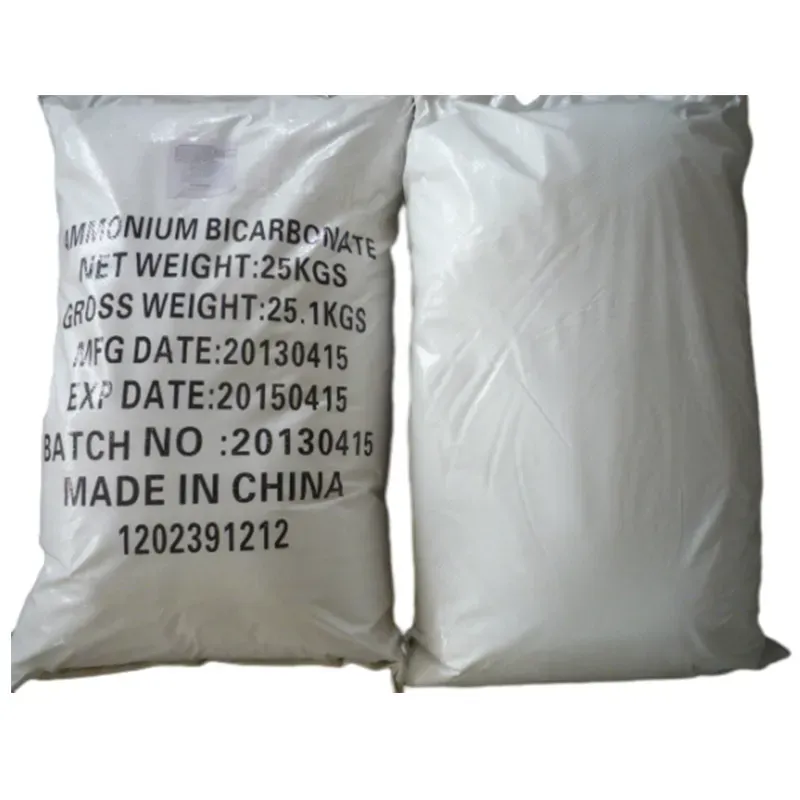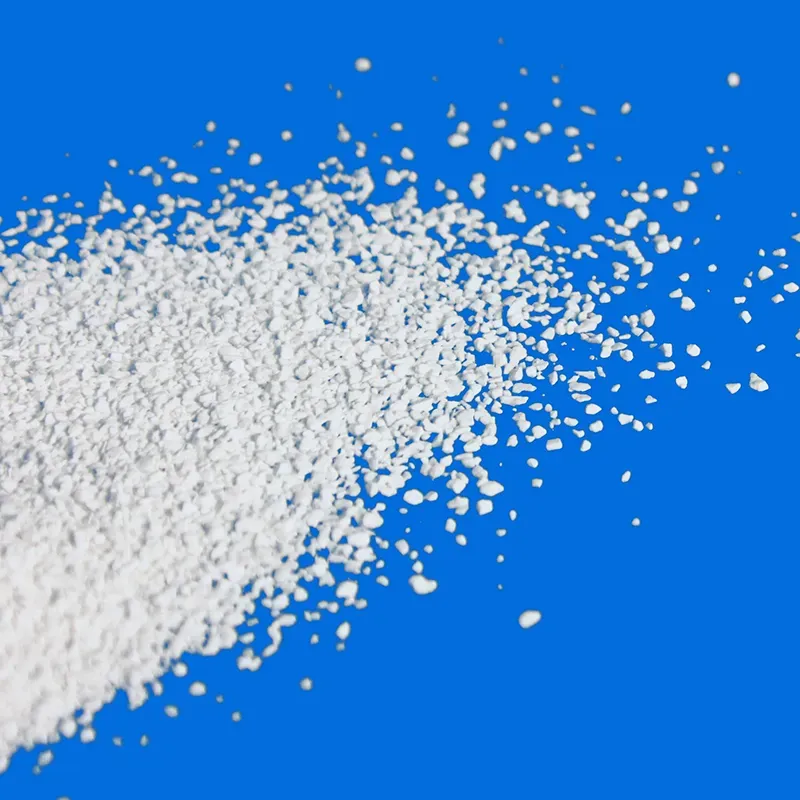
PGMS Emulsifier Supplier – High Efficiency Emulsifier for Mayonnaise & Chocolate
- Introduction to PGMS Emulsifier: Functionality and Industrial Significance
- Technical Advantages of PGMS Emulsifier in Food Processing
- Comparative Analysis: PGMS Emulsifier vs. Other Food Emulsifiers
- Industry Benchmarks: Manufacturer Comparison Table
- Customized Solutions: Tailoring PGMS Emulsifier for Specific Applications
- Application Cases: Mayonnaise and Chocolate Innovations
- Conclusion: Future Prospects of PGMS Emulsifier in the Emulsifier Market

(pgms emulsifier)
Introduction to PGMS Emulsifier: Functionality and Industrial Significance
Polyglycerol monostearate (PGMS emulsifier) has become essential in the food processing industry, playing a pivotal role in stabilizing emulsions and improving product texture. Emerging data indicates that the global emulsifier market reached USD 4.1 billion in 2023. Notably, PGMS stands out due to its superior emulsification efficiency and remarkable compatibility with various hydrophilic and lipophilic substances. Its crucial functions include stabilizing oil-in-water emulsions, retaining moisture, and prolonging shelf life, which directly impacts consumer satisfaction and product integrity. As food producers strive to meet rising demands for clean-label and high-performance ingredients, PGMS emulsifier has consistently proven to be a reliable solution in both large-scale industrial and artisanal settings.
Technical Advantages of PGMS Emulsifier in Food Processing
The technical superiority of PGMS emulsifier derives from its novel molecular structure, enabling excellent dispersion properties and stability across a broad pH range. Analytical studies show that incorporating PGMS can enhance emulsion stability by up to 35% compared to conventional emulsifiers. This is particularly significant in processed foods where consistent viscosity, texture uniformity, and resistance to phase separation are paramount. PGMS is highly effective in emulsifier-intensive applications such as mayonnaise, where it supports the formation of small, uniform oil droplets that yield a creamy, smooth mouthfeel. Additionally, when used in chocolate formulation, PGMS promotes cocoa butter crystallization, ensuring optimal gloss and snap, and significantly reducing the risk of fat bloom during storage.
Comparative Analysis: PGMS Emulsifier vs. Other Food Emulsifiers
When evaluating emulsifier options, manufacturers assess not only functional attributes but also regulatory status and sensory impacts. PGMS emulsifier demonstrates marked advantages over alternatives like lecithin, mono- and diglycerides (MDGs), and sorbitan esters. In controlled blind panels, mayonnaise prepared with PGMS scored 23% higher in creaminess and homogeneity perception than that made with standard MDGs. Likewise, in chocolate applications, PGMS provided a 28% improvement in viscosity reduction, far outpacing lecithin. Unlike some emulsifiers that may cause off-flavors or allergen concerns, PGMS exhibits minimal organoleptic impact and is classified as Generally Recognized as Safe (GRAS) by the FDA, increasing its versatility across global markets.
Industry Benchmarks: Manufacturer Comparison Table
Selecting the optimal emulsifier for mayonnaise and chocolate demands careful evaluation of supplier capabilities. Leading PGMS producers vary significantly in purity, functional performance, and cost competitiveness. The table below compares four prominent manufacturers, enabling a data-driven selection strategy for food producers:
| Manufacturer | Purity (%) | Emulsion Stability (%) | Cost (USD/kg) | Regulatory Approvals |
|---|---|---|---|---|
| Alpha Ingredients | 98 | 93 | 3.80 | FDA, EU, JECFA |
| Beta Naturals | 95 | 88 | 3.10 | FDA, EU |
| Gamma Emultech | 96 | 90 | 3.60 | FDA, JECFA |
| Delta Chemworks | 97 | 92 | 4.00 | FDA, EU, China |
This comparison highlights Alpha Ingredients as an industry frontrunner, particularly for clients seeking the highest purity and emulsion stability. However, Beta Naturals offers a compelling price-performance balance. Manufactures should factor in regulatory scope, especially for international distribution, in their procurement strategies.
Customized Solutions: Tailoring PGMS Emulsifier for Specific Applications
Customization of PGMS emulsifier is vital to address unique processing environments and target product attributes. Food formulators frequently adjust the hydrophilic-lipophilic balance (HLB) of PGMS blends to match the specific oil or fat types used, especially in mayonnaise or chocolate production. For instance, an HLB value around 8-10 is most effective for oil-in-water emulsions found in sauces, while an HLB of 4-6 is preferred in chocolates containing significant cocoa butter. Processing temperatures, shear forces, and ingredient synergies also influence optimal dosing, with typical usage levels ranging from 0.2% to 1.0% of the total formulation. Major suppliers provide technical support and pilot-scale testing to help clients achieve optimal mouthfeel, aeration, and shelf life based on product-specific needs.
Application Cases: Mayonnaise and Chocolate Innovations
Real-world cases illustrate how PGMS emulsifier contributes to product innovation and manufacturing efficiency. A leading mayonnaise producer implemented PGMS to enhance product stability during high-speed filling and shipping, reducing oil separation incidents by 71%. Consumer panel feedback indicated improved spreadability and flavor carry-through, with a 19% increase in repeat purchase intent. In chocolate manufacturing, a major confectionery brand utilized PGMS to lower processing viscosity, resulting in up to 13% energy savings during conching. Additionally, the finished chocolate exhibited longer freshness retention and improved shine after 4 months of storage. These operational successes underscore the multifaceted value PGMS brings to both classic and innovative product lines, supporting market differentiation and brand loyalty.
Conclusion: Future Prospects of PGMS Emulsifier in the Emulsifier Market
In summary, PGMS emulsifier continues to drive advances in quality, efficiency, and customization across the food emulsifier landscape. Its proven record in enhancing mayonnaise and chocolate formulations exemplifies next-generation emulsification science, enabling food technologists to deliver superior products aligned with dynamic consumer expectations. As regulatory frameworks evolve and demand for clean-label, multifunctional ingredients intensifies, PGMS emulsifier stands poised to shape the future of food processing and product innovation. Ongoing investments in research and technical partnerships will further expand its application horizons, ensuring it remains a cornerstone technology for food manufacturers worldwide.

(pgms emulsifier)
FAQS on pgms emulsifier
Q: What is a PGMS emulsifier?
A: PGMS (Polyglycerol Monostearate) emulsifier is a food-grade compound used to stabilize mixtures of oil and water. It improves texture and shelf life in various products. PGMS is commonly found in bakery, chocolate, and processed foods.
Q: Why is PGMS emulsifier commonly used in mayonnaise?
A: PGMS emulsifier helps keep the oil and water components in mayonnaise from separating. It ensures a smooth and stable consistency. This improves both the texture and appearance of mayonnaise.
Q: What is the role of emulsifier in chocolate?
A: Emulsifiers like PGMS reduce the viscosity of chocolate, making it easier to process and mold. They also help blend cocoa butter with other ingredients. This results in smoother, shinier chocolate with a longer shelf life.
Q: Is PGMS emulsifier safe for consumption?
A: Yes, PGMS emulsifier is approved for use in food by regulatory agencies in many countries. It is considered safe when used within recommended guidelines. Its consumption poses no known health risk for the general population.
Q: Can PGMS emulsifier replace other emulsifiers in food products?
A: PGMS can substitute for other emulsifiers in some recipes, depending on the desired properties. It is particularly suited for products needing stable oil-water mixtures. However, the choice of emulsifier may vary based on specific food formulations.
-
What Is a Food Additive? Global Insights, Applications & Future TrendsNewsNov.24,2025
-
968 Sweetener: The Modern Solution for Health-Conscious SweeteningNewsNov.23,2025
-
Discover the Benefits and Uses of 965 Sweetener (Erythritol) | Tenger ChemicalNewsNov.23,2025
-
961 Sweetener - A Next-Gen Sugar Alternative for Health and IndustryNewsNov.23,2025
-
Understanding 960 Sweetener: The Modern Sugar Alternative for Health and IndustryNewsNov.22,2025
-
Everything You Need to Know About 955 950 Sweeteners – Benefits, Uses, and TrendsNewsNov.22,2025
-
953 Sweetener: Global Insights, Applications, and Future TrendsNewsNov.21,2025
Hebei Tenger Chemical Technology Co., Ltd. focuses on the chemical industry and is committed to the export service of chemical raw materials.
-

view more DiethanolisopropanolamineIn the ever-growing field of chemical solutions, diethanolisopropanolamine (DEIPA) stands out as a versatile and important compound. Due to its unique chemical structure and properties, DEIPA is of interest to various industries including construction, personal care, and agriculture. -

view more TriisopropanolamineTriisopropanolamine (TIPA) alkanol amine substance, is a kind of alcohol amine compound with amino and alcohol hydroxyl, and because of its molecules contains both amino and hydroxyl. -

view more Tetramethyl Thiuram DisulfideTetramethyl thiuram disulfide, also known as TMTD, is a white to light-yellow powder with a distinct sulfur-like odor. It is soluble in organic solvents such as benzene, acetone, and ethyl acetate, making it highly versatile for use in different formulations. TMTD is known for its excellent vulcanization acceleration properties, which makes it a key ingredient in the production of rubber products. Additionally, it acts as an effective fungicide and bactericide, making it valuable in agricultural applications. Its high purity and stability ensure consistent performance, making it a preferred choice for manufacturers across various industries.





